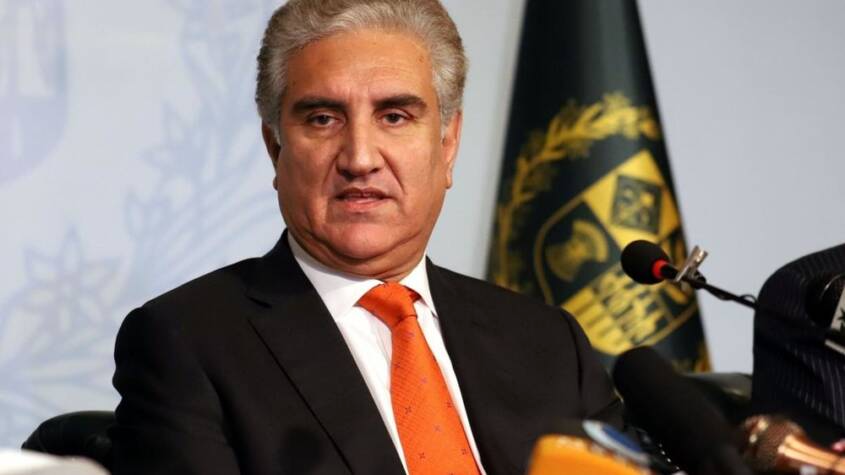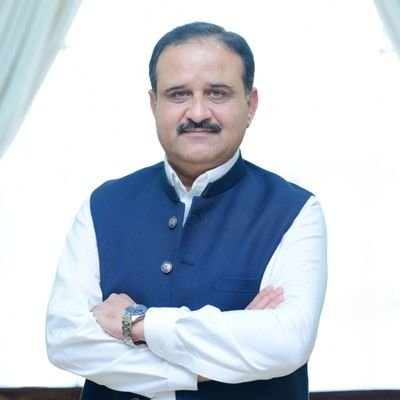ISLAMABAD: Foreign Minister Shah Mahmood Qureshi has said Pakistan has recalibrated its priorities from geo-politics to geo-economics, and the China-Pakistan Economic Corridor (CPEC) complements the country’s renewed efforts of geo-economic shift with emphasis on economic integration and regional connectivity.
Addressing the virtual session of Asia and Pacific High Level Conference on Belt and Road Cooperation, chaired by State Councilor and Foreign Minister of China Wang Yi, Qureshi said that Pakistan highly appreciates the strong and unwavering support, from President Xi Jinping and BRI partners, in this journey towards shared prosperity.
“We welcome partner countries in the Asia and Pacific region, together with our many friends elsewhere, to contribute to and benefit from our cooperation on the Belt and Road. As avowed by Prime Minister Imran Khan at the Second Belt and Road Forum, Pakistan as the host of the BRI’s flagship project, will also do its part as we join hands to realize our countries’ shared vision of a clean and green Belt and Road development,” he said.
Qureshi also endorsed President Xi Jinping’s declaration of making COVID-19 vaccine a global public good, dispel notions of stigmatization, and reject vaccine nationalism.
“We should make collective endeavors to ensure equitable and affordable supply of vaccine to developing countries. Therefore, we fully endorse the initiatives for ‘Belt and Road Partnership on COVID-19 Vaccines Cooperation’ and ‘Belt and Road Partnership on Green International Development’ being launched today,” he added.
He pointed out that two centuries after the industrial revolution, the world has finally come to realize that humanity can and must seek harmonious co-existence with nature.
He said that the challenges posed by the Covid-19 pandemic are a great opportunity not only to rebuild better, but also greener.
“We must seize this opportunity to transform our economies into ones that are development-oriented and environmentally sustainable,” he said, adding that the developed countries must fulfill their commitments under the Paris Agreement to support developing countries in their climate action and to mobilize 100 billion US dollars annually in climate finance as they have promised.
To recover from the adverse economic impact of the pandemic, he added that Pakistan has launched the “Green Economic Stimulus Initiative” as a part of its efforts.
This stimulus has already generated 85,000 green jobs-a number we plan to increase by another 100,000 by the end of this year, he added.
To mitigate the effects of climate change, Qureshi added that Pakistan has launched one of the most ambitious aforestation and reforestation drives in the world.
“We have already planted one billion trees and mangroves out of a target of 10 billion. Our mangrove cover has expanded three-folds in the last ten years. We exceeded our target in the first phase of Bonn Challenge 2020 of restoring more than 865,000 acres of degraded landscapes in our Khyber-Pakhtunkhwa province. We have now voluntarily pledged to restore nearly 2.5 million acres by 2023, including in urban areas,” he said.
In the wake of emerging global and regional environment, he added that Pakistan has recalibrated its priorities from geo-politics to geo-economics.
“CPEC, the flagship project of the BRI, complements Pakistan’s renewed efforts of geo-economic shift with emphasis on economic integration and regional connectivity,” he said, adding that in line with Prime Minister Imran Khan’s “Green Vision”, which aligns perfectly with President Xi Jinping’s vision for Green China, turning CPEC into Green CPEC is a priority for Pakistan.

















